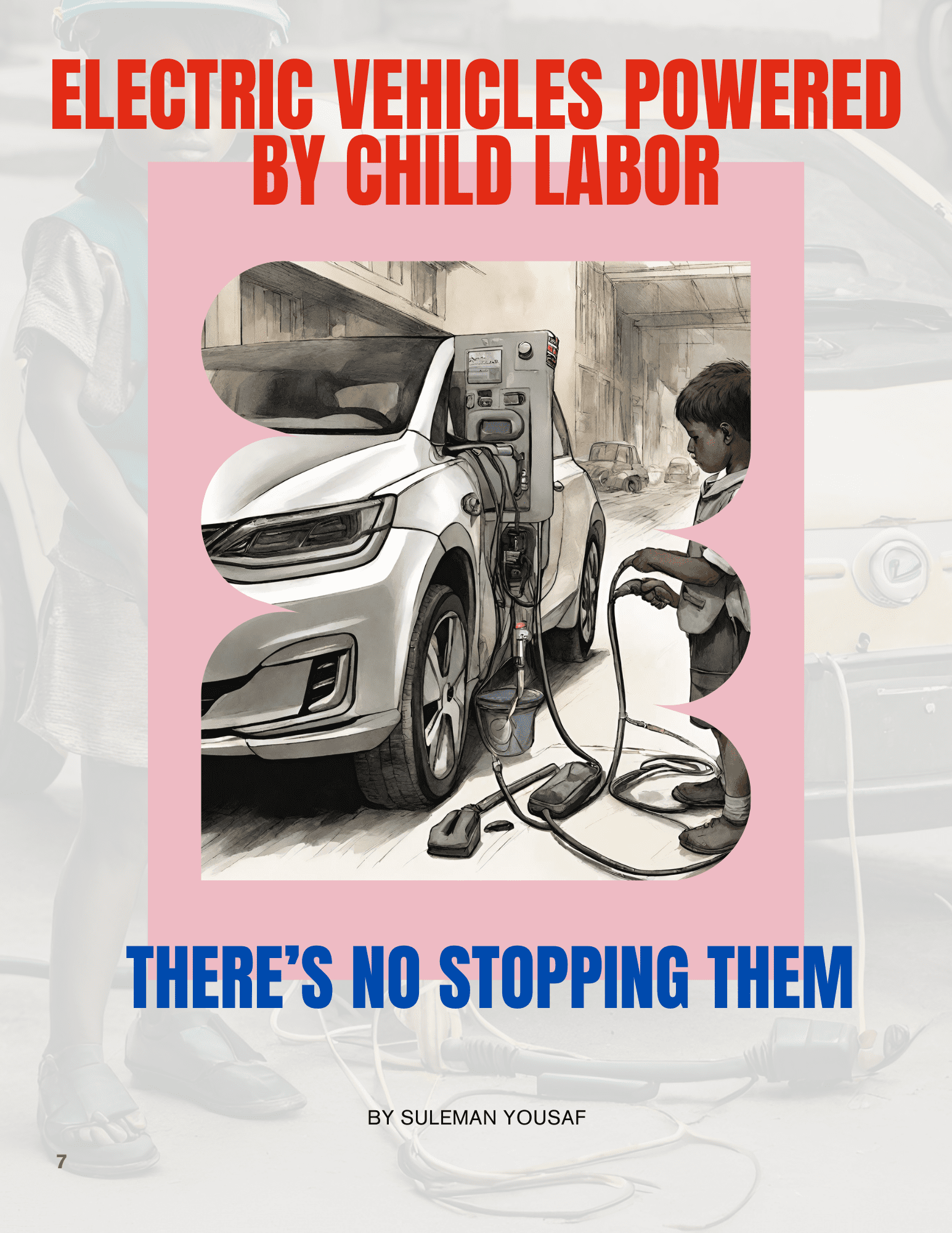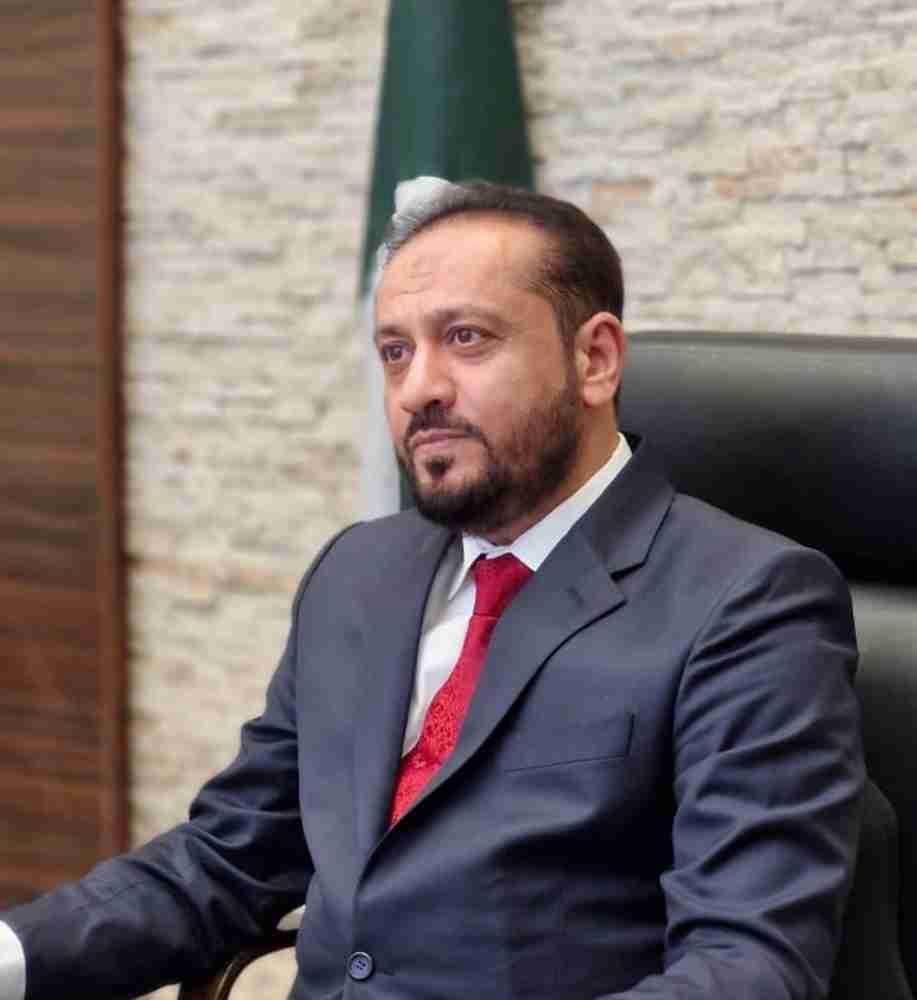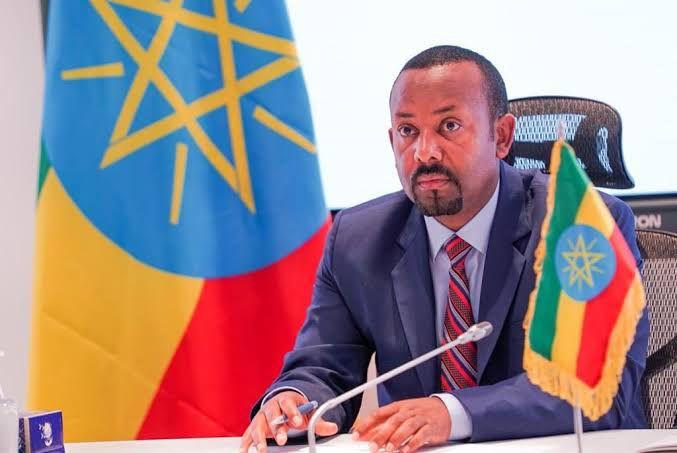By Suleman Yousaf (Pakistan)
Car manufacturers across the globe have committed billions and billions of dollars to significantly boost the overall production of batteries for Electric Vehicles (EVs) in the US. These include some of the big names in the industry, like Tesla.
Last year, Tesla announced that it would triple its lithium-ion output at its Nevada-based plant. Now, these car manufacturing plants are massive, and they need vast amounts of expensive raw materials, such as cobalt, which comes from Congo and is mined by children.
A study conducted by the Geneva Center for Business & Human Rights and the New York University has found that major electronics, battery, and auto manufacturers aren’t doing much to ensure that the cobalt they’re using doesn’t involve any child labor at the many artisanal mines of Congo.
The study also calls on these mining, manufacturing, and processing companies to assist in creating safeguards that eradicate this practice and improve overall safety.
According to Michael Posner, the Director of the Stern Center for Business & Human Rights at NYU, who also helped in the study, approximately 80 percent of the global cobalt comes from Congo, and around 20 percent of this metal comes from these artisanal mines.
Tesla does claim that their cobalt doesn’t come from these informal mines and operations that involve child labor.
However, around 10 percent of the global cobalt is still coming out of these unsafe handmade mines. And 10 percent is a considerable amount of any product. So where is it all going?
Shifting auto manufacturing from petroleum to electric power is a massive undertaking. Petroleum has been the primary energy source for more than a century now.
It requires developing new factories to make millions of batteries and electric motors that run them. A vast public charging infrastructure has to be in place as well, and it is also a multibillion-dollar program.
And with the ever-increasing demand for lithium, cobalt, and nickel outruns supply in the long run, prices of these metals will continue to increase. To add to all that mess, there’s an issue of child labor as well.
According to Dorothee Baumann-Pauly, Director of the Geneva Center for Business and Human Rights, the flow of artisanal and small-scale mining cobalt and the large supply of industrial mining cobalt are almost inseparable.
Tesla’s Environmental Impact Report says that the company has “zero tolerance” for child labor. Moreover, the company has also sent a delegation to Congo to inspect the mining conditions in the country. This delegation is part of Tesla’s Responsible Sourcing Committee.
Now, how does this Responsible Committee of Tesla address the concerns raised by Dorothee Baumann-Pauly?
There’s no answer to that. Not only that, Tesla hasn’t responded to the request for comment on the NYU/Geneva Center report.
To add to that, Elon Musk, the CEO of Tesla, and the company’s board have encouraged shareholders to reject a proposal that requires the company to detail its materials sourcing practices in a report and measures that the company has taken to stay away from operations involving child labour.
And Tesla is not alone in this. General Motors, Ford, and others are also contributing because they are also in the race to outperform the competition.
GM is already aiming to challenge Tesla’s global EV dominance, and they are saying that they are “conducting extensive due diligence” in monitoring their global supply chain.
The UNGPs requires corporations to “do no harm” and must not contribute to or cause human rights violations in their global operations. These corporations have a responsibility to respond to human rights abuses when they occur actively.
The OECD (Organization for Economic Cooperation and Development), in 2010, provided a practical guide on how to conduct due diligence for Responsible Supply Chains of Minerals from High-Risk and Conflict-Affected Areas.
But why is it all still happening, even in 2024? Well, there’s no legal system in the world at the moment that requires companies involved in cobalt supply chains to execute due diligence or even disclose their efforts in doing so.
34 OECD members recognize the OECD Guidance states as well as 9 non-OECD states. Plus, China has recognized the OECD guidance as an international standard on supply chain due diligence.
There have been a few hints of progress but a lot of hiccups along the way. It is the joint responsibility of states as well as corporations to join hands on this matter.
Moreover, the OECD Guidance must be upgraded and incorporate a legally binding. Above all, it must also require companies to report their actions and countermeasures under corporate social responsibility publicly. But until then, EVs are running on child labor, and there’s no stopping them.
Suleman Yousaf (SY), a seasoned writer with a decade of expertise, illuminates diverse niches through the pages of “The Advocate Post.” With a potent pen, SY channels over a decade of writing and editing experience into shedding light on issues deserving of attention. A dedicated storyteller, SY’s work resonates with a passion for meaningful narratives that inspire and inform.





